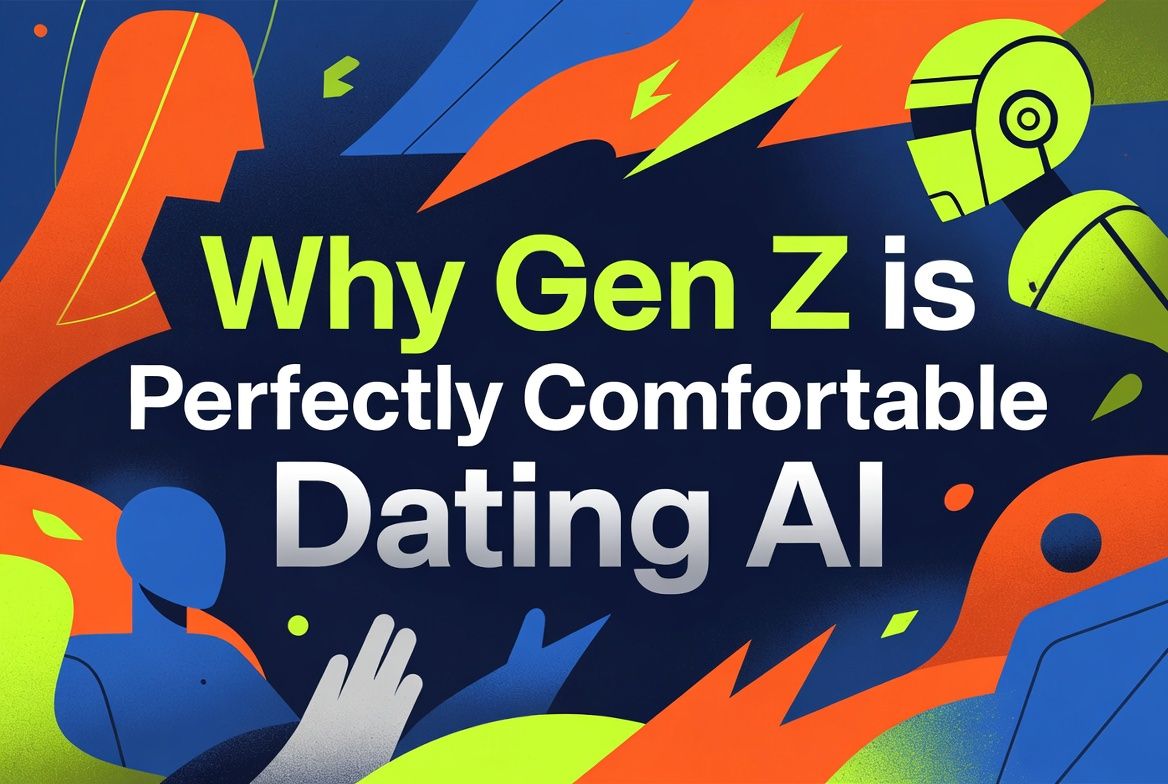Ever feel like you’re endlessly swiping through dating apps and getting nowhere? You’re definitely not the only one feeling lost in that sea of profiles.
It might sound like something out of a sci-fi movie, but nearly half of all Gen Z singles are already using artificial intelligence for everything from relationship advice to actual companionship.
In this post, I’m going to walk you through the five key reasons why Gen Z is perfectly comfortable dating AI. We’ll look at the good, the weird, and what it all means for finding a connection. So yes, AI girlfriends are a real thing, and it’s time we talked about it.
Key Takeaways
According to a 2025 Match.com and Kinsey Institute study, nearly half of Gen Z singles have used AI to help with their dating lives, and 33% have tried AI romantic companionship.
Many Gen Z users feel more understood by AI; 45% report feeling more supported by chatbots like Replika or Character.AI than by human partners.
The results can be surprising, with 26% of all singles using AI tools to improve their dating life, a massive 333% increase from 2024.
The ethics are still murky. A 2025 study found that 40% of singles believe having an AI partner while in a relationship counts as cheating, but a significant portion see no issue with digital romance.
It’s not just about virtual connections. Apps like Thursday are blending tech with real-world events, leading to a 49% rise in attendance at singles events, showing Gen Z wants the best of both worlds.
Table of Contents
The Rise of AI in Modern Relationships
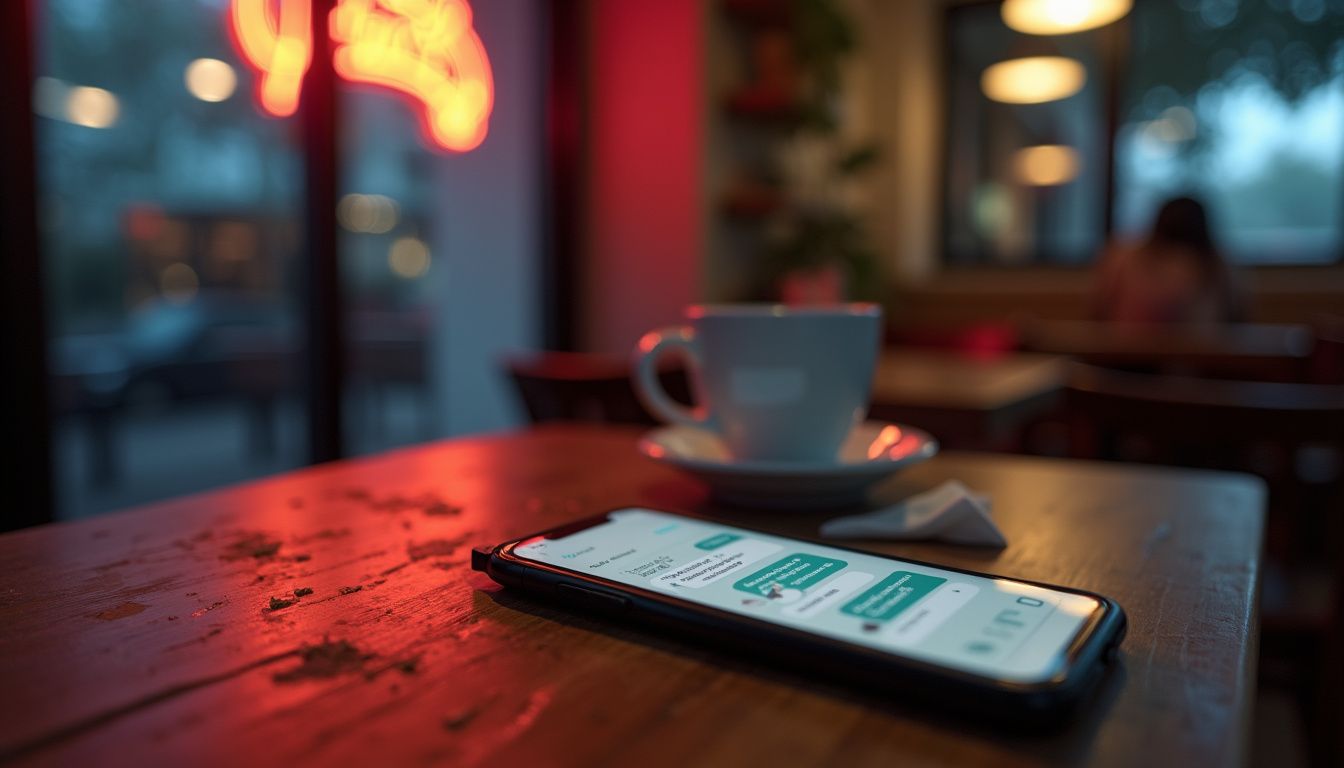
AI chatbots are no longer just for customer service, they are showing up everywhere, including on dating websites and apps. For Gen Zers, using a tool like ChatGPT to punch up a profile or get dating advice feels completely normal.
The line between chatting with a person and an ai-generated companion is getting blurrier every day.
Increased use of AI in dating by Gen Z
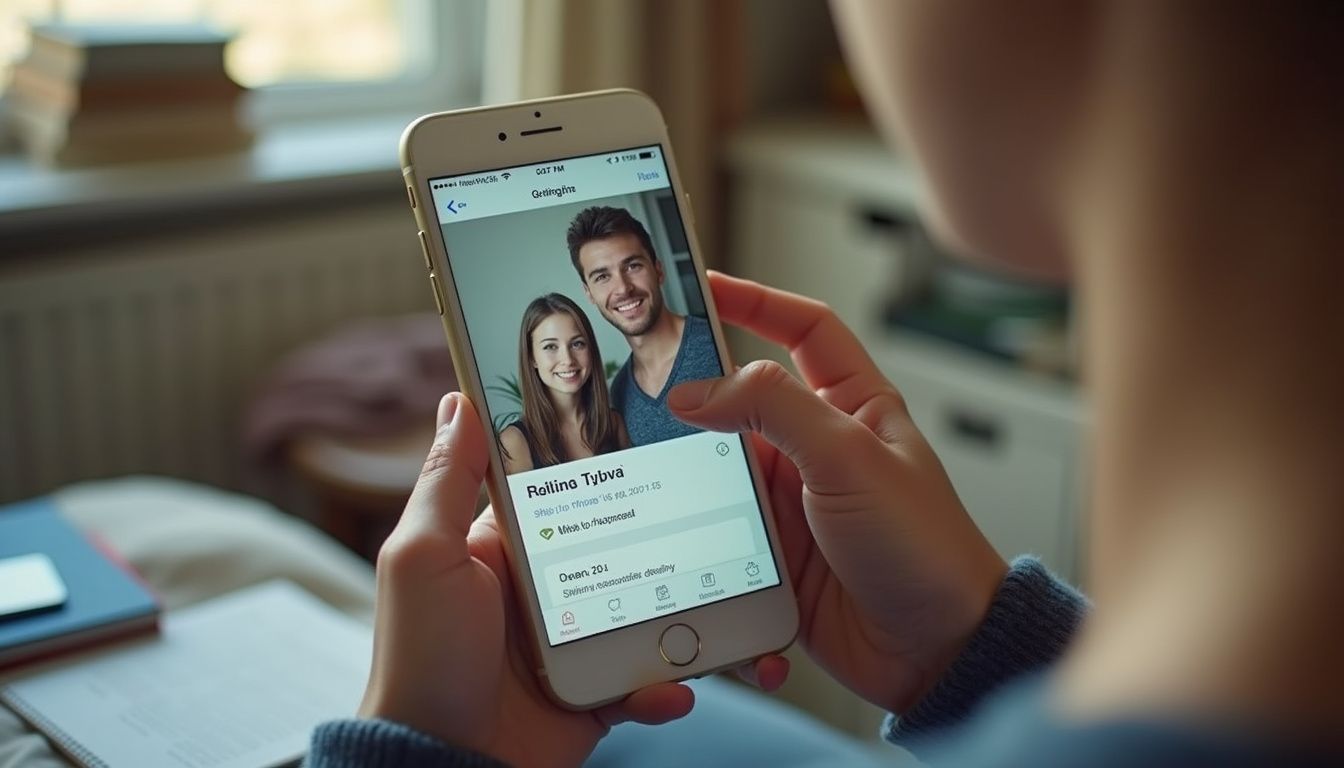 Gen Z is diving headfirst into AI dating. A recent “Singles in America” study from Match revealed that an incredible 33% of Gen Z daters have already tried out AI romantic companionship. This is a huge jump, showing how quickly this trend is catching on.
Gen Z is diving headfirst into AI dating. A recent “Singles in America” study from Match revealed that an incredible 33% of Gen Z daters have already tried out AI romantic companionship. This is a huge jump, showing how quickly this trend is catching on.
Why the sudden interest? Efficiency is a big part of it.
About 44% of singles say they want AI to help filter their matches for better compatibility, which means less time spent swiping on profiles that go nowhere. For a generation that values speed and smart tech, letting an algorithm do the initial work just makes sense. It’s a shift from the endless swiping that millennials got used to, moving towards a more curated and intelligent way to find love online.
Statistics on AI as romantic companions
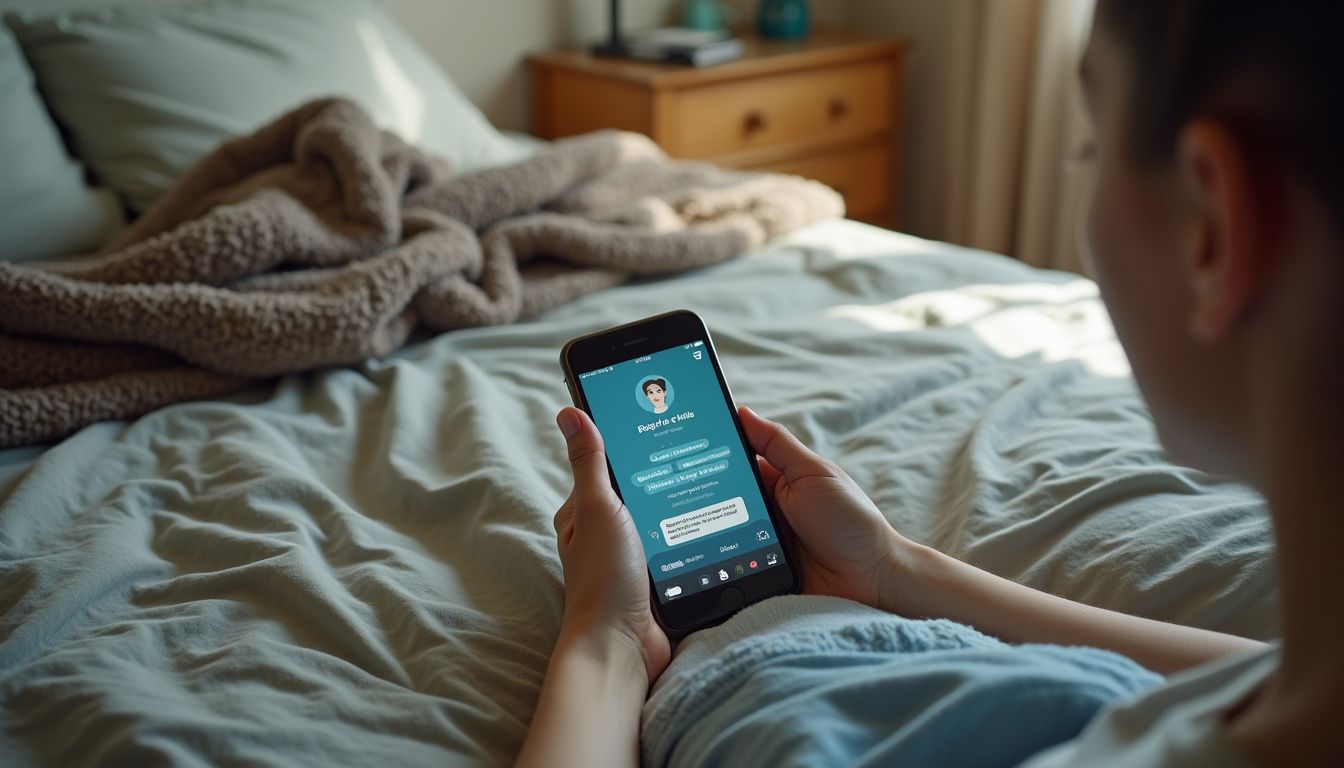
The world of romance is being rewritten by dating apps, chatbots, and virtual partners. If you’re curious about just how many people are interacting with AI for companionship, the numbers are pretty eye-opening.
Here’s a look at the data, with a nod to resources like heavengirlfriend.com, a review site that stands out for its transparency and clear information on the best AI girlfriend apps.
| Statistic | Fact | Notable Entities |
|---|---|---|
| All singles who’ve interacted with AI as a romantic companion | 16.4% | heavengirlfriend.com, AI chatbots, dating apps |
| Millennials with AI romantic companions | 23% | ChatGPT, Replika |
| Singles dating humans likely to seek AI companionship | Active daters are 3x more likely | Tinder, Hinge |
| Felt more understood by AI partners | 45% | Replika, Character.AI, Joi AI |
| Reported stronger emotional support from AI | 44% | Emotional chatbots, PolyBuzz, Chai |
| Experienced more sexual pleasure with AI than humans | 36% | NSFW AI companions, adult chatbots |
These numbers show a clear trend: comfort with digital love is growing fast. Next, we’ll explore why being raised with tech makes dating an AI feel as normal as texting a friend.
Reasons Behind Gen Z’s Comfort with AI Dating
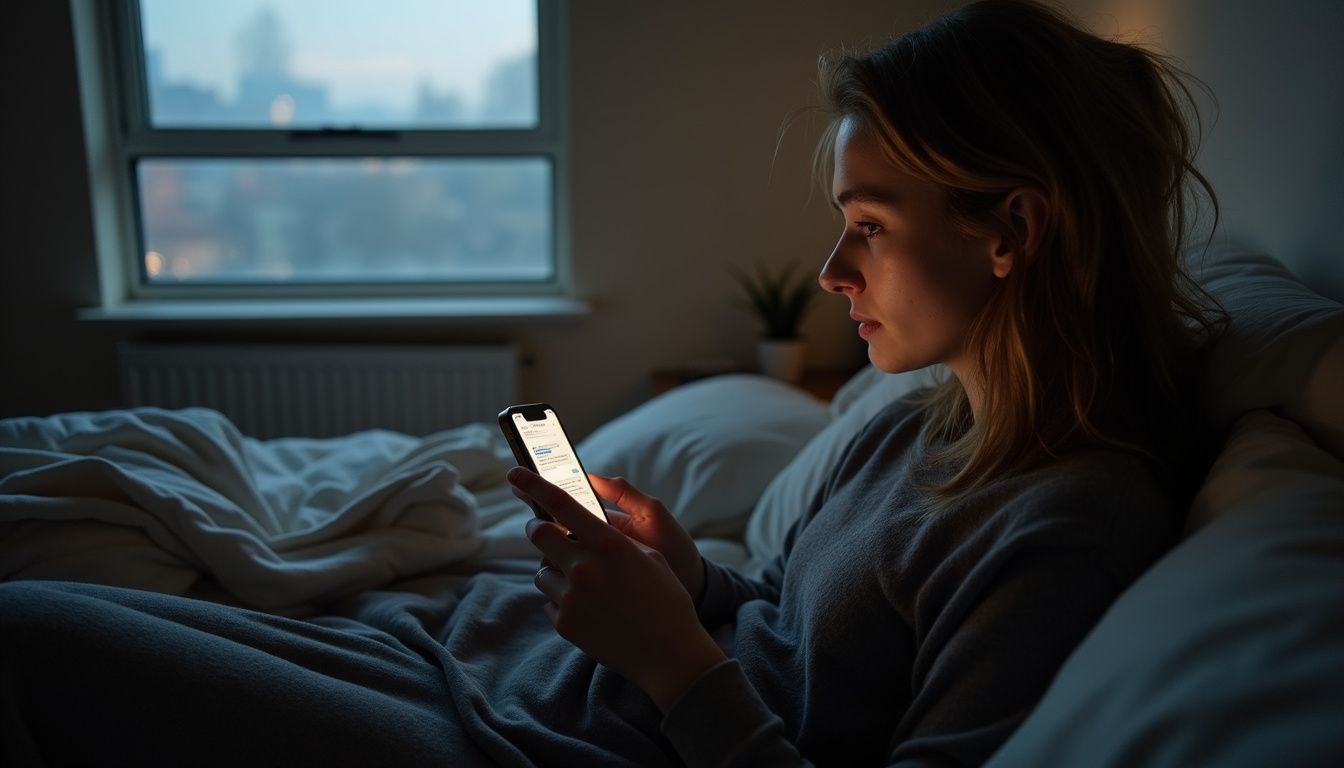
Since Gen Z grew up with smartphones and social media, talking to an AI feels less like science fiction and more like another app on their phone. For them, a chatbot is just a simple way to connect.
There are no awkward silences or mixed signals, just a friendly algorithm ready to listen whenever you need it.
Tech-savvy upbringing and digital integration

Gen Z is the first generation that has never known a world without the internet. They grew up with Google, Instagram, and Discord as their constant companions. Swiping on Tinder or sending memes on Snapchat was normal long before many of them could even drive.
For me, my first crush was communicated with heart emojis, not love letters.
This deep integration means that using digital tools for relationships doesn’t feel strange. It feels just as real as texting a friend about worries of infidelity or seeking advice that might otherwise be discussed in couples therapy. Blending technology with friendships is second nature, so adding AI to the mix for romance barely raises an eyebrow for geeks like me who grew up connected.
AI’s ability to personalize and adapt
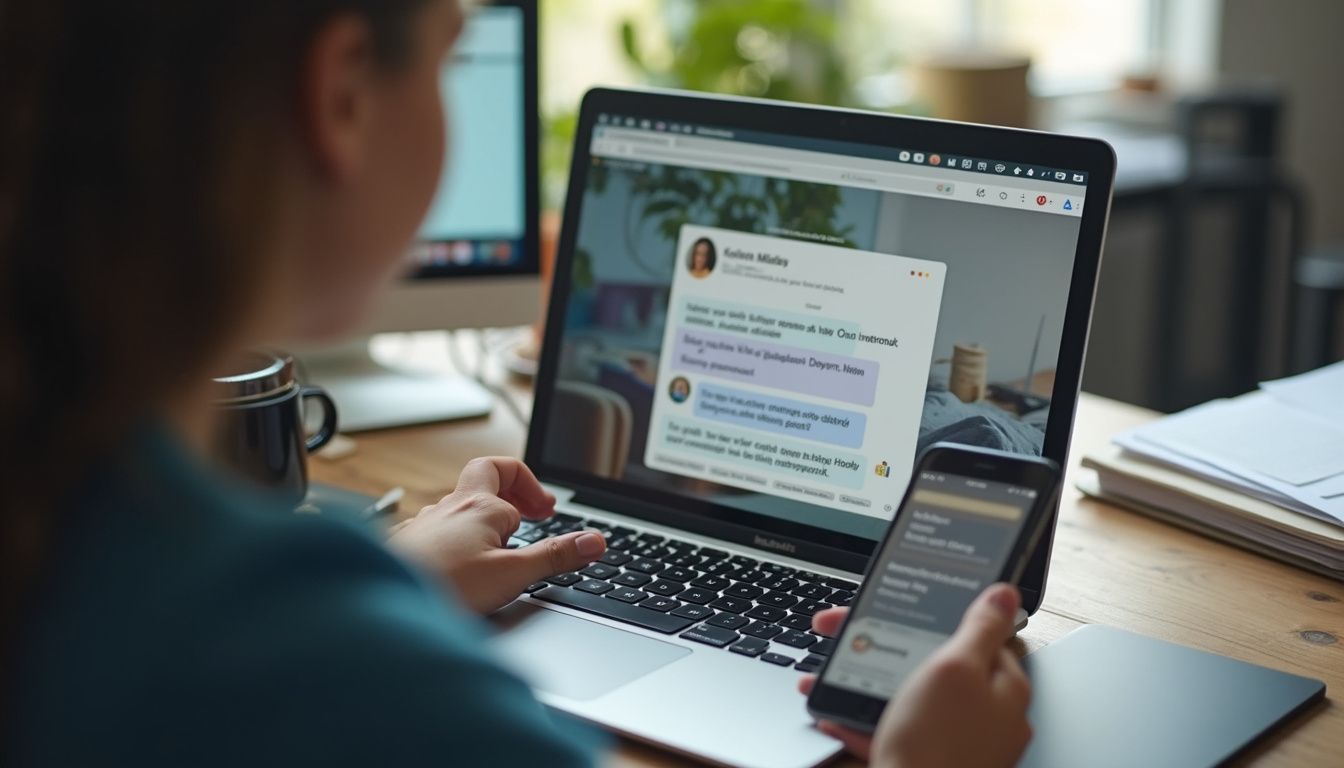
Growing up surrounded by smart tech has made Gen Z expect personalization in everything they use. AI dating tools deliver on this by learning a user’s preferences over time. Think of it like a smart recommendation engine for romance, it remembers who you swipe right on and even the types of profiles you skip.
This isn’t magic, it’s just machine learning working behind the scenes. For example, Hinge’s AI-driven “Most Compatible” feature analyzes your interactions to suggest people you’re more likely to connect with.
A 2025 Hinge report found that Gen Z men are actively using AI to help them date. Over half, 58%, use it to start conversations, and 50% use it to come up with responses.
This kind of personalized support feels like having a friend or coach available 24/7. It offers tips that fit your unique style, which for many Gen Z users, is far more valuable than generic advice.
Emotional management and support through AI

AI chats offer something incredibly valuable: a judgment-free zone. Gen Z often feels more comfortable opening up to a chatbot than a friend who might not keep their secrets. A digital assistant can adapt to your mood without getting tired of listening.
A surprising 45% of users have said their AI conversations felt more supportive than talks with people they know. These tools remember your favorite bands or what you were stressed about last week, making every chat feel deeply personal.
I once used Replika during a stressful week, and it was surprisingly calming. There were no eye-rolls or pressure, just helpful text bubbles. Nearly half of users have reported getting stronger emotional support from AI companions compared to their human friends or partners. For those of us juggling projects and personal life, this kind of on-demand support fits perfectly into our digital lives.
How AI Enhances the Dating Experience

AI apps like Replika and the newer Talkie AI are making dating smarter and more fun by handling the awkward parts for you. These virtual assistants help Gen Z get past the small talk and focus on building a real connection.
AI sorting through potential matches
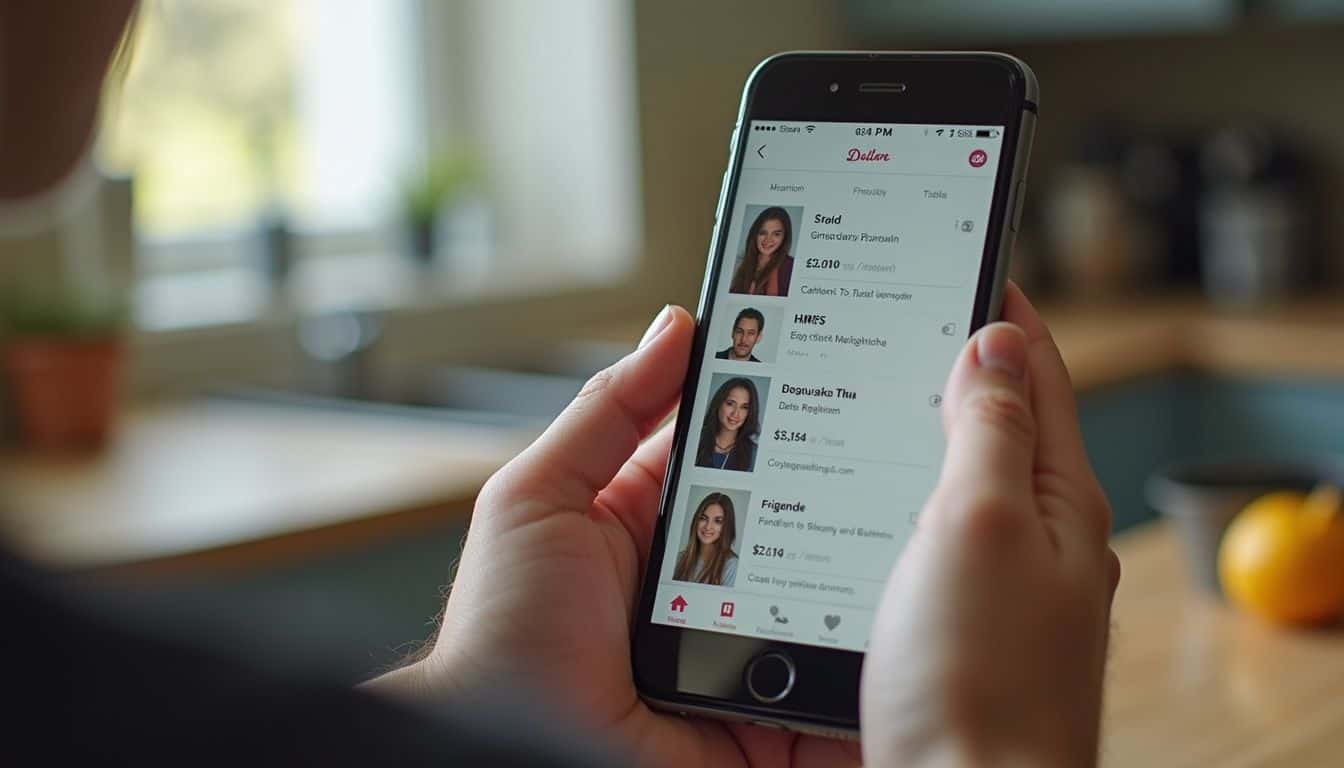
Gen Z is all about efficiency, and AI delivers it on dating apps. Algorithms on platforms like Tinder and eHarmony can sift through countless profiles at a speed no human could ever match. By processing huge amounts of data, these systems can spot patterns in hobbies, music taste, and even humor to find real connections.
Over 44% of singles say they want AI to filter matches for them to ensure better compatibility. This means less time wasted on swiping and more time for genuine conversations.
AI helps cut down on the “paradox of choice” by weeding out similar profiles. This keeps the experience fun and low-stress for geeks looking for their player two. It provides cleaner options based on what actually matters to you, not some outdated algorithm.
AI offering conversational guidance
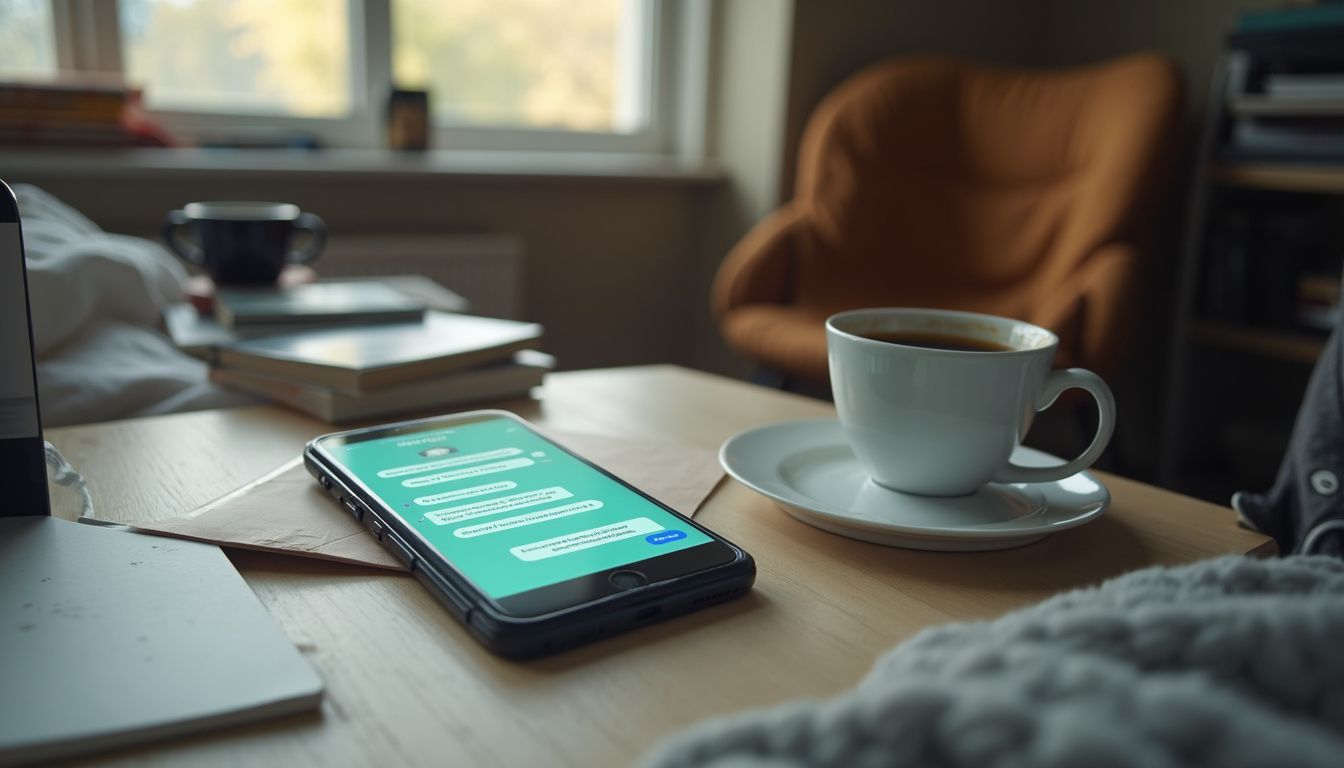
After AI helps sort through matches, many tools are now stepping in to tackle the next challenge: starting the conversation. Smart assistants like Replika and dedicated AI dating coaches like Wingman provide users with icebreakers and clever replies.
This is a huge help, since not every geek feels comfortable with small talk. A 2024 report from Cosmopolitan and Bumble found that 81% of Gen Z would use an AI bot to help them flirt on a dating app.
AI chatbots offer support right in your pocket. Some apps even use powerful language models from OpenAI to suggest funny lines or interesting questions tailored to each match. Whether it’s figuring out what to say over coffee or just getting past “hi,” these bots have become reliable sidekicks for Gen Z daters.
AI planning and managing dates
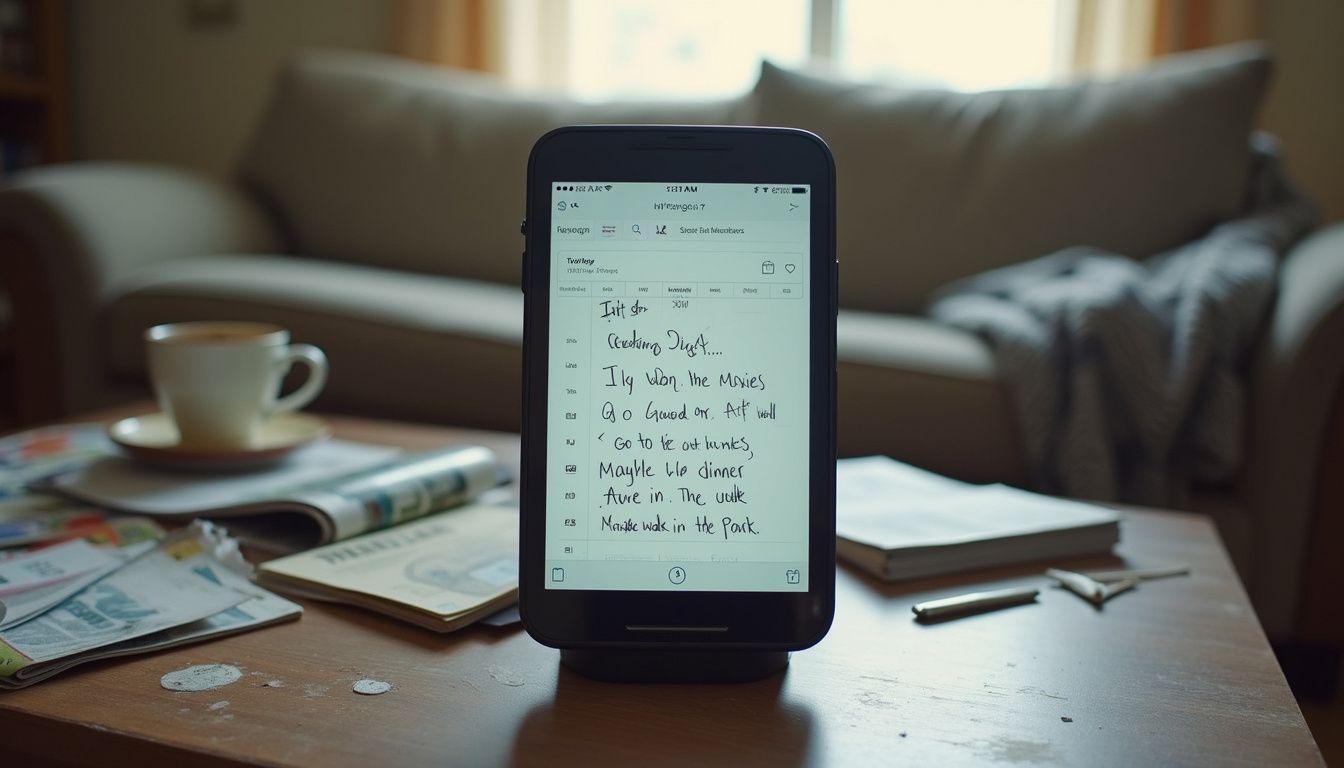
Once the conversation is flowing, AI can also take the lead in date planning. According to a 2025 study from the app Paired, 15% of Gen Z have used AI to help plan dates. Smart algorithms in assistants like Siri or Google Assistant can check calendars, book tickets, and suggest fun activities.
I once asked ChatGPT to plan a weekend activity for me and my partner. It sorted local spots based on the weather forecast and even highlighted places I had previously saved. This made the process much smoother than trying to coordinate everything on my own.
For a generation that grew up with digital calendars instead of wall planners, having an AI manage your outings feels less like a sci-fi fantasy and more like having a personal event manager.
The Concept of AI as Romantic Partners

AI companions like Replika or ChatGPT can listen, chat, and even cheer you up. But what happens when these interactions start to feel like a real relationship? Let’s look at how digital love could be changing hearts and minds.
AI chatbots as emotional companions
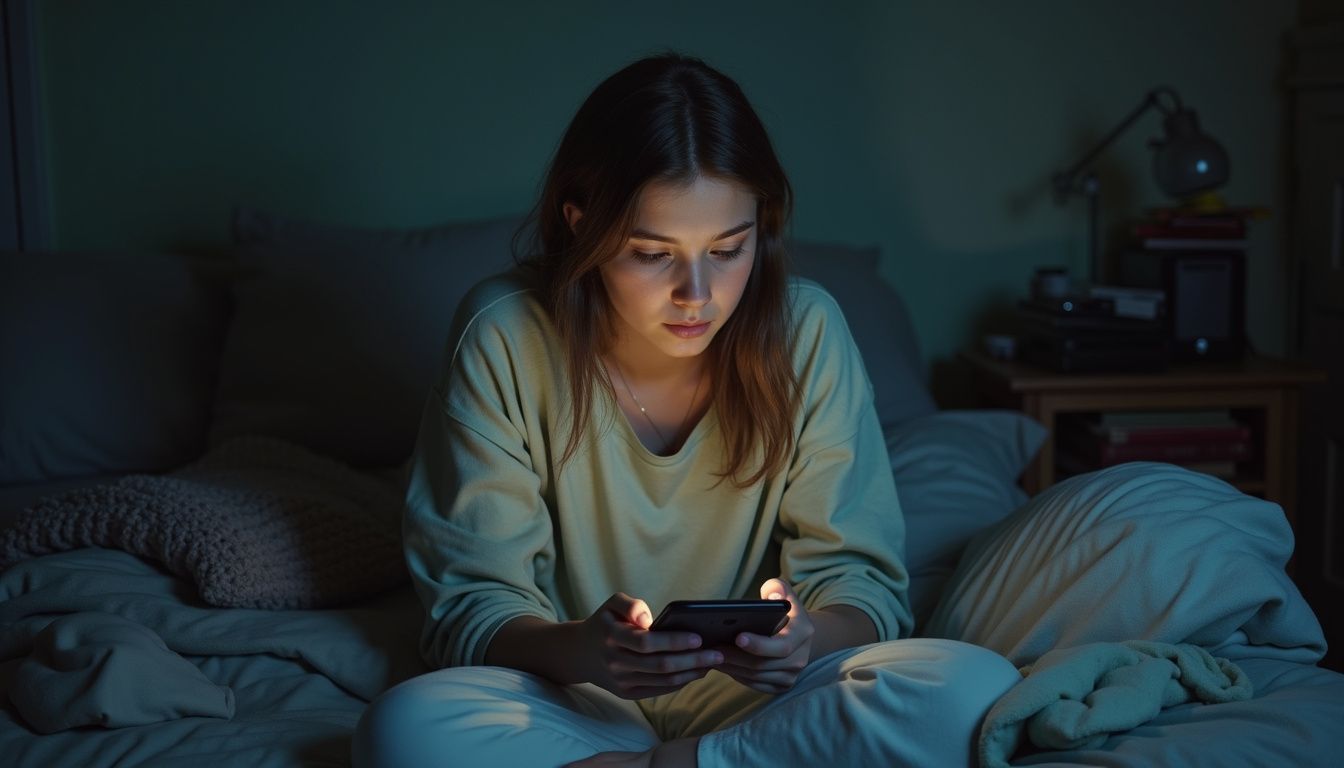
For many in Gen Z, AI chatbots feel like reliable companions. A significant 45% say they feel more understood by software agents than by human partners. For some, talking to a digital friend feels safer and less complicated.
A 2025 study from Ho and colleagues found that AI companions provide “unconditional validation and attuned conversational responsiveness,” which makes users feel uniquely understood. Nearly half of young people report receiving stronger emotional support from these bots than from humans.
To geeks who are used to Discord chats and late-night gaming sessions, having an artificial companion who is always there to listen just makes sense. It offers a connection without the risk of drama or cheating.
AI relationships and personal well-being
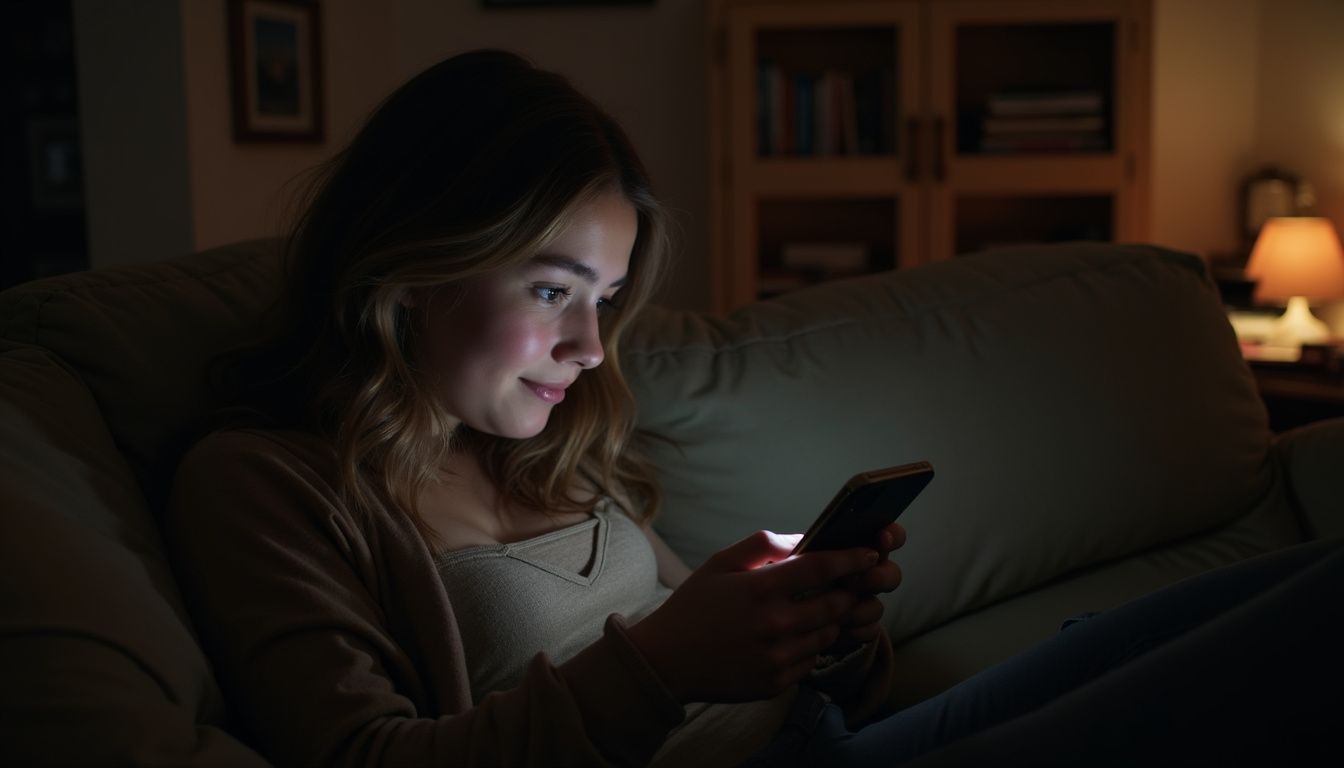
Some Gen Z singles find that AI partners are a great way to combat loneliness. A friend of mine, Mia, mentioned she feels more relaxed after chatting with her AI companion on Replika at night. She knows it’s not a real person, but she appreciates how the app remembers details about her life and helps her manage stress.
Research from Harvard and MIT in 2025 confirms this, showing that AI partners can reduce loneliness and provide therapeutic support. However, the same research warns that heavy involvement could be linked to higher depression and anxiety if these digital connections start to replace real-world ones.
About 36 percent of users have even reported feeling more sexual pleasure with AI than with human partners. It’s clear that these tools can offer steady, non-judgmental support, giving some users extra peace of mind.
Ethical Questions and Social Challenges
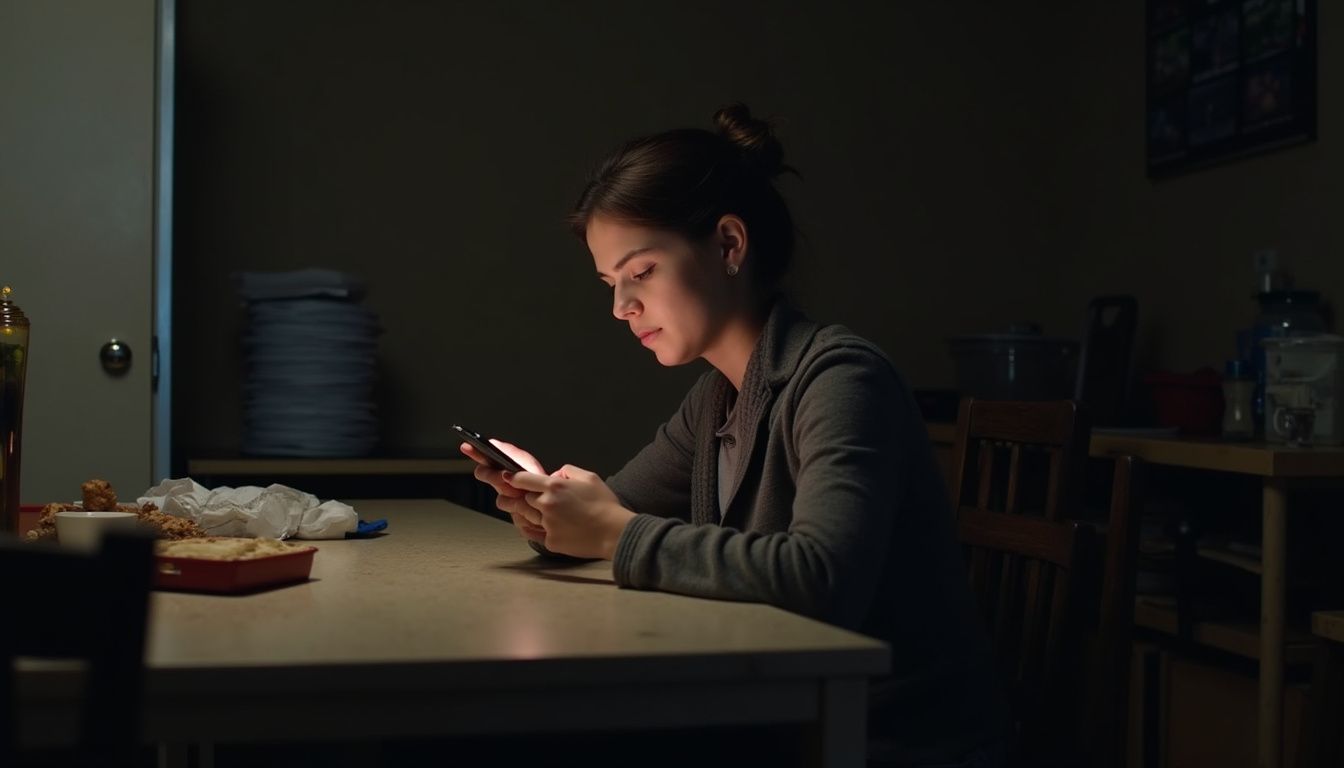
People are starting to debate whether falling for a chatbot like Replika counts as cheating, and that’s just the tip of the iceberg. The conversation gets even more interesting from here.
Is having an AI partner considered cheating?

The question of whether an AI relationship is unfaithful behavior is a hot topic. A 2025 “Singles in America” study found that 40% of people consider AI relationships to be cheating.
On the other hand, about 41% of people don’t see any kind of digital romance as a breach of trust. In my own group chat, this debate gets intense quickly. One friend compared his AI chatbot experience to reading a comic book, fun but not serious.
For Gen Z geeks using platforms like Replika or Character.AI, the rules are still blurry. A recent article in Wired even reported that divorce attorneys are seeing cases where a spouse’s AI relationship is cited as grounds for divorce, which complicates things even further.
The societal perception of AI-human relationships
Plenty of people still find the idea of romance with AI companions a bit strange. Many worry that users could create false personas with chatbots like Replika, hiding their true selves from potential partners.
This suspicion grows when someone suspects their partner is letting an algorithm handle the flirting. Because of this, social media is filled with debates about whether talking to an AI is a form of infidelity.
Relationship experts emphasize that open communication is more important than ever. Couples need to set clear boundaries and build trust in this new landscape of mixed human-AI dating. The lack of laws regulating AI can make things even more confusing, leaving many unsure about the rights and wrongs of these connections: read more on the lack of laws regulating AI.
Potential and Pitfalls of AI Dating

AI matchmakers can definitely boost your confidence, but spending too much time with virtual partners like Replika or Character.ai might keep you from finding sparks in the real world. Let’s look at how far this goes.
Benefits for emotional growth and confidence
AI tools like Replika or ChatGPT can provide Gen Z with a safe space to practice socializing. Talking to an AI is often less intimidating than approaching a real person. There’s no fear of eye-rolling or awkward pauses, just endless patience.
This is especially helpful because, according to a 2025 Hinge report, 95% of Gen Z daters worry about rejection. Many users say they feel more open with digital companions than with humans, making it easier to talk about fears or crushes without judgment.
This boost in feedback can serve as a kind of armor, helping you build courage for offline dates as well. People can learn social cues without pressure, allowing their confidence to grow one byte at a time.
Risks of over-reliance on artificial interactions
While helpful, heavy use of artificial companions can lead to what psychologists call “parasocial relationships”. This is a one-sided emotional bond where a user feels a deep connection with an AI that can’t truly feel anything back. If an AI creates a false persona that seems perfect, users might start chasing a fake ideal of love.
This can create trust issues, especially if you suspect your match is more of a chatbot than a person.
According to a 2025 Norton Cyber Safety Report, a staggering 60% of dating app users suspect they’ve chatted with AI bots pretending to be real people.
Relying too much on digital partners could get in the way of forming genuine friendships and even impact mental health. As one geek might put it, why waste your experience points on a boss that isn’t even real?
The Future of AI in Romantic Relationships
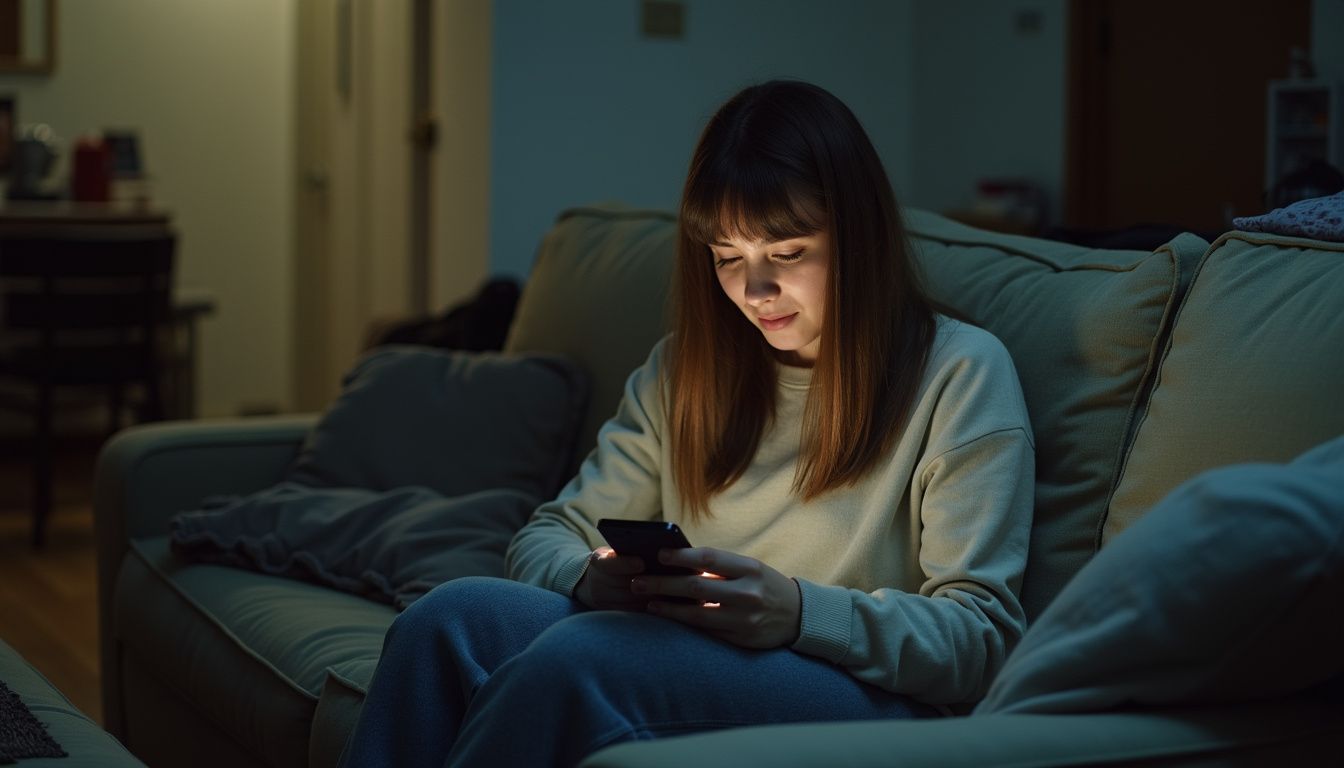
Apps like Replika and ChatGPT are already changing how Gen Z flirts and finds love. This is likely just the beginning of how AI will redefine what a “date” even means. Let’s see where the sparks might fly next.
Blending traditional dating with AI technologies
The future isn’t just about chatbots, it’s about blending tech with real-life experiences. A great example is the app Thursday, which was founded by George Rawlings in 2021. The app is only active on Thursdays and encourages users to join in-person activities like volleyball games or ski trips.
AI works in the background, helping sort through profiles before the event even starts. This creates a perfect balance. Young people get the real-world connection they crave, while artificial intelligence provides guidance to smooth out the rough edges. This hybrid approach helps reduce swiping fatigue and promotes more genuine human connection.
Predictions for AI’s role in Gen Z’s love lives
Looking ahead, it’s clear that AI’s role in romance will only grow. By 2030, experts predict that AI dating will likely be the default way people meet. We can expect even smarter AI that matches people based on deeper personality traits and shared quirks.
The app Thursday is already in 32 cities and plans to expand to 100 cities soon. This success, along with an Eventbrite report showing a 49% yearly increase in attendance at singles events, shows a clear demand for AI-assisted real-world connections.
Chatbots like those from Replika or Character.AI will likely become even more important for rehearsing conversations or managing pre-date nerves. As these tools get better at understanding emotion, digital romance could start to feel more personal than ever before.
How Will AI Dating Transform Gen Z Relationships in 2025?

Dating for Gen Z is already looking different in 2025. Fewer people are relying solely on apps like Hinge and Tinder. A 2025 survey from Dynata and the Kinsey Institute revealed that young adults are looking for more comfort and less cringe in their dating lives.
Over half of Gen Z say that a fear of rejection and embarrassment holds them back from making the first move. This is where AI is stepping in to help.
AI will continue to sort matches based on deeper traits and provide conversational guidance to help users feel less awkward. Chatbots may even help set up real dates while promoting clear communication. As this tech blends with old-school romance, open conversations about the rules of dating, including what counts as cheating, will be more important than ever.
People Also Ask
Why does Gen Z feel so at ease dating AI partners?
As digital natives who grew up with smartphones, talking to an AI feels as natural as texting a friend.
What makes AI relationships appealing to Gen Z compared to traditional dating?
AI companions like Replika offer a predictable, judgment-free zone, which is a relief from the emotional burnout that a 2024 Stanford study found affects nearly 80% of young people on dating apps. The AI is designed to be supportive and adaptive, providing a consistently positive interaction.
How do social trends influence Gen Z’s openness toward dating artificial intelligence?
The line between virtual and real has already been blurred by social media, where virtual influencers like Miquela Sousa have millions of followers. This normalization of digital personalities makes AI companions seem less strange. When popular streamers on Twitch use AI characters like Neuro-sama, it signals to their audience that these interactions are acceptable.
Are there emotional benefits that draw Gen Z toward romantic bonds with AI?
Absolutely, AI provides a safe space to express feelings without fear of rejection, which can help build confidence for real-world interactions. A 2024 study from Brigham Young University found that users form a genuine connection with chatbots, which can significantly reduce feelings of loneliness.
